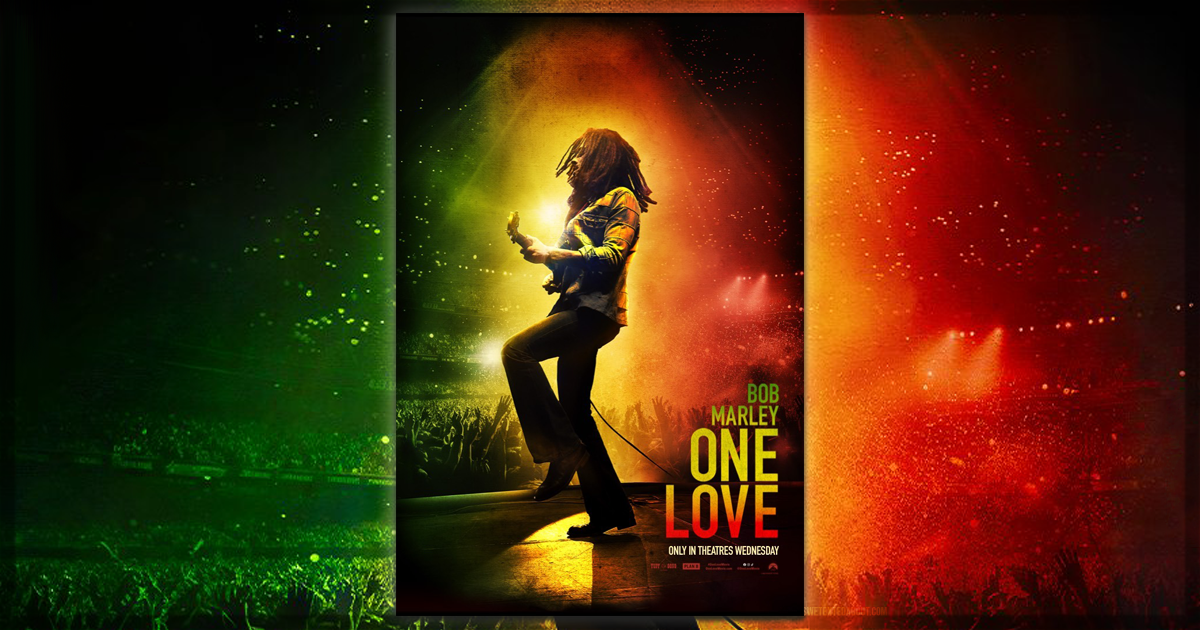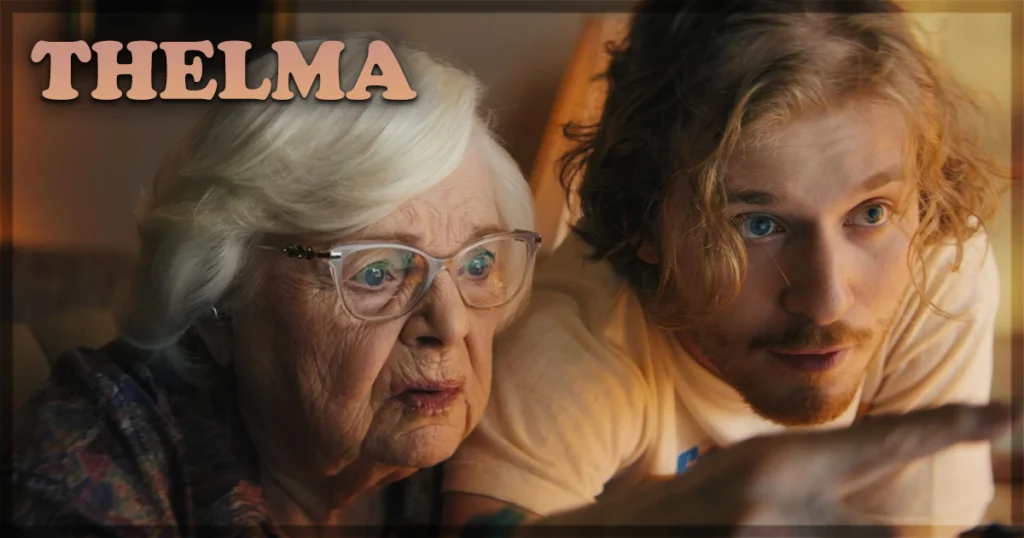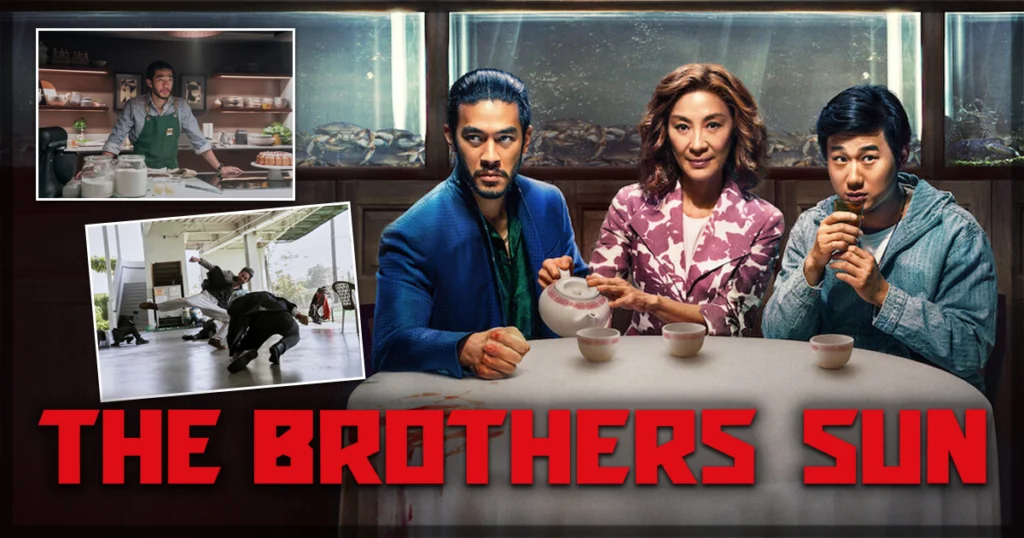Biopics about popular celebrities can be difficult to create, largely in part because they will try to capture the scope of one’s whole life rather than the key elements that made them who they were. It’s not necessarily an incorrect approach to the genre, but for every fun or creative outing like Rocketman, you get a Bohemian Rhapsody. Bob Marley: One Love takes a different approach, depicting a crucial event in its historical figure’s life. The outcome is a film that has its imperfections, but has quite the empowering message to say through its craft.
Any music lover will know of Bob Marley. Not only is he still among Jamaica’s most famous figures, but his music was often as outspoken as it was euphoric to listen to. His songs seemed to cover everything from challenging colonialism to advocating for equal rights. Bob Marley: One Love, fittingly, depicts the lead-up to the significant One Love Peace Concert in 1978. Marley (Kingsley Ben-Adir) is already a musical icon and, upon seeing how much politically motivated violence is gripping his home country of Jamaica, decides to organize a concert to unify the people and end the violence. But, when this announcement is met with dangerous consequences, Marley finds himself questioning his life and career as well as this concert.
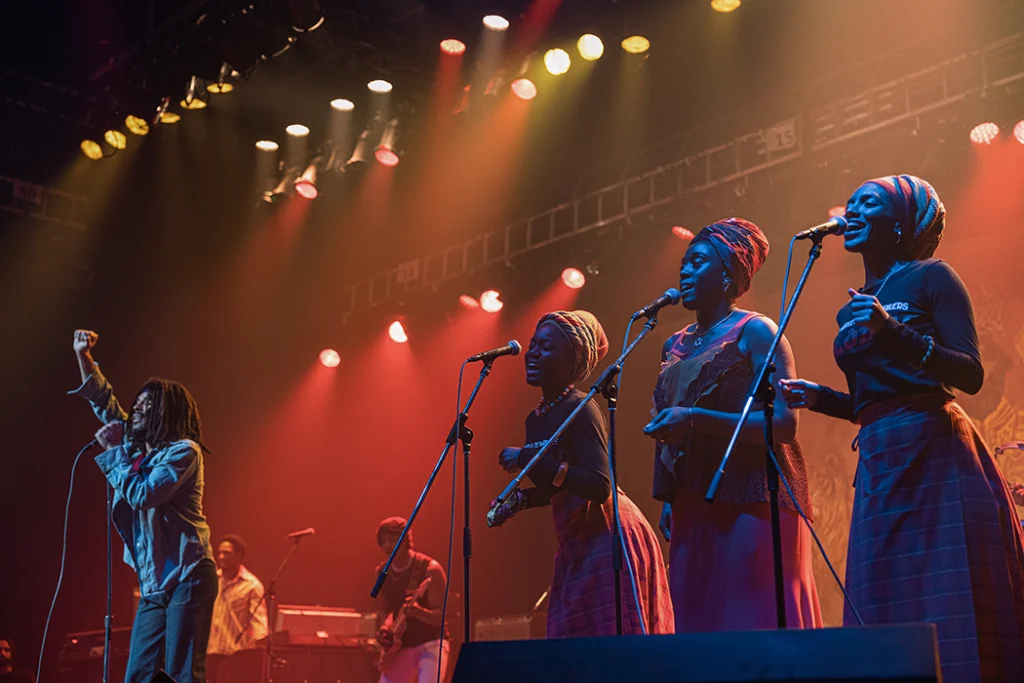
Bob Marley: One Love soars from an aesthetic perspective
From an aesthetic perspective, Bob Marley: One Love recreates the period setting and visual look very well. Although Marley is internationally renowned at the start of the film, a big chunk of the story is set in Jamaica, with Marley interacting with his family, support network, and customs of his hometown. There’s a real sense of pride in the culture being showcased, from the incorporation of Marley’s signature red, yellow, and green color scheme into the titles to the makeup and costuming that stays true to Marley’s cultural roots. His iconic dreadlocks and casual costuming are nearly spot on, while using tight close-ups and creative sound design brings us into Marley’s mind as he juggles the weight of his decisions with the measure of his ego.
Kingsley Ben-Adir imbues the authentic recreation with charisma and vulnerability alike. Given the setup and conflict, Marley starts the film practically as the king of the world. Adored by his fans and attended to devoutly by his support network and family, particularly his wife Rita (Lashana Lynch), he seems almost like a deity in his introduction. But, just as his country is going through unprecedented turmoil, the narrative of Bob Marley: One Love essentially has Marley confronting his mortality.
Questions of mortality and more in Bob Marley: One Love
He must come to terms with the fact that he will not last forever and, as such, needs to do more for not just his music but for the people around him, be it friends, family, or citizens. Ben-Adir, a gifted actor, does a lot to tap into Marley’s humanity, portraying a man who, while not without flaws, still sees the big picture of inequality and desires to do right in trying to confront it. Other standout performances include the always indomitable Lashana Lynch, as Marley’s wife, whose frustrations and perseverance serve as a check to Marley’s more self-aggrandizing traits while also enhancing the existentialist overtones of the story through how she confronts Marley’s lesser habits.
The decision to hone in on this specific event does capture Marley’s appeal and characterization through how he prepares for the concert and responds to the consequences of its launching. Yet the narrative starts to lag in the middle as it attempts to juggle Marley’s present-day dilemmas and issues with flashbacks that showcase Marley’s path to music and romance. While the film utilizes some lighting and color grade differences to demonstrate the differing timelines, the flashbacks don’t feel relevant to the central story, as we can already discern all the characters we need from the present timeline surrounding the peace concert. There’s a sense of obligation to their inclusion so as to detail aspects of Marley’s childhood, which are interesting but not especially relevant to the central story. As such, the film does occasionally become meandering in execution.
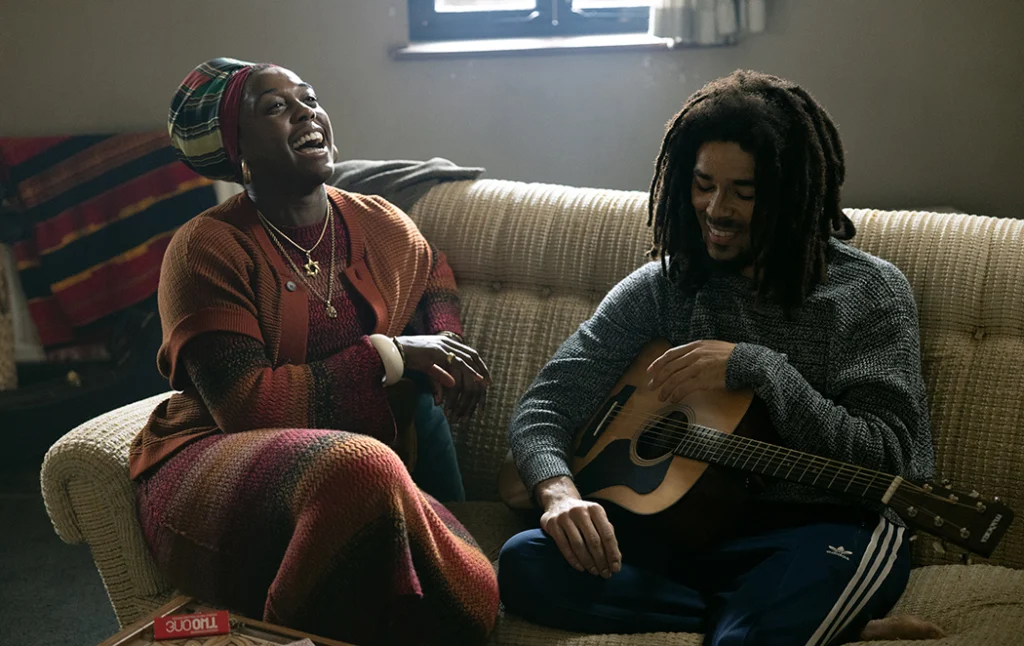
Final thoughts on Bob Marley: One Love
What makes Bob Marley: One Love recommendable as a piece of media is in the themes it explores and how they formed the basis of Marley’s music. This story explores unity and solidarity in a time of unrest and division, something that Marley’s career embodied. In reality, the concert depicted in the film did little to quell the violence depicted other than the symbolic implications. But it is the sentiment that the concert, and by extension the film, wants to share that is the critical attribute here. That it additionally serves as a good character arc from arrogance to earnestness makes it an engaging story and a unique and loving study of what made Marley so legendary. While it may not hold the creativity of similar titles like Rocketman, it serves as a compelling ode to peace that is arguably sorely needed in today’s time.
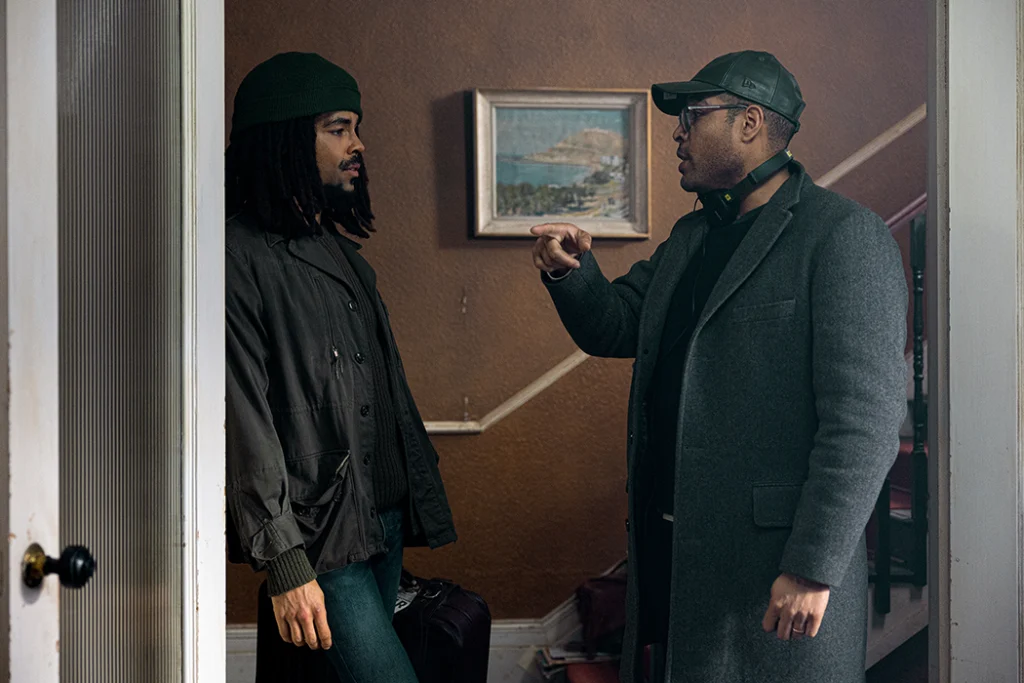
Bob Marley: One Love will be in theaters on February 14.
Learn more, including how to buy tickets, at the official website for Bob Marley: One Love. Are you excited for the movie? Are you a fan of the music? Connect with us on X @MoviesWeTexted.

